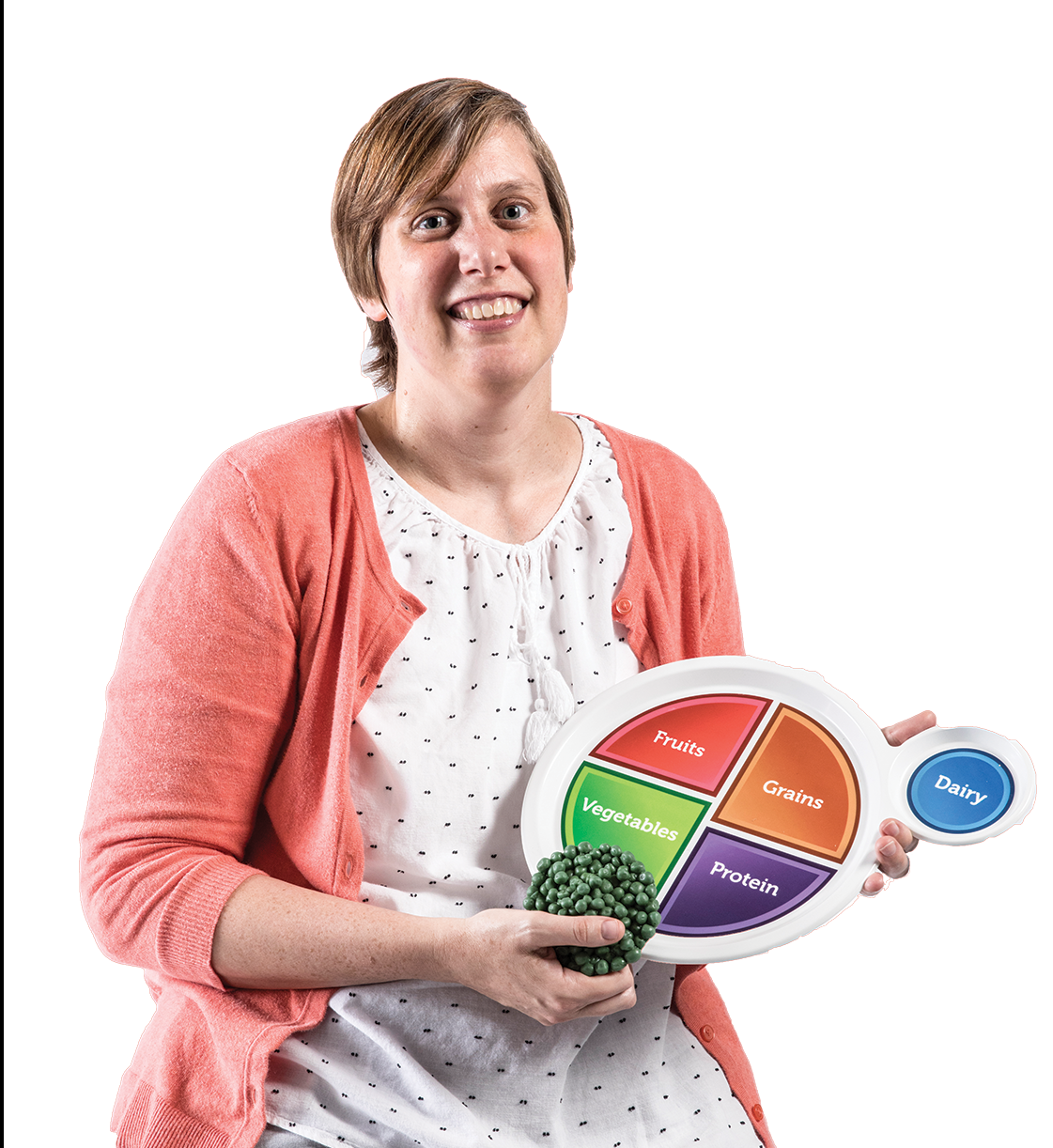A few weeks into 2017 and your New Year’s resolutions may be long out the window. But for nutrition goals that will stick, Rickelle Richards recommends aiming for the attainable and sustainable. “Sometimes when people think about goals they go to extremes, but you want to be realistic and honest with yourself,” says Richards, an associate professor of nutrition, dietetics, and food science. “Start small.”
Q: What are some baby steps toward greater nutritional health?

A: The first step is to honestly evaluate where you currently are and set specific, measurable goals. If you want to eat more whole grains, maybe one day a week you’ll add in a whole-grain breakfast. Write your goal down and put it someplace where you’ll see it every day.Schedule a reminder on your phone.
Q: How effective are fad diets in reducing weight?
A: The research shows that really any diet that lowers calories over time can help you lose weight. But most people don’t stay on overly restrictive diets, and long-term the weight loss is usually negligible.
Q: Why do dietary recommendations keep changing?
A: It can be frustrating for the general consumer—why can’t we experts make up our minds? We give our best recommendations based on the current knowledge that we have. In 5 or 10 years, there may be variations because of new research that’s come out and better understanding of what’s going on with the human body.
Q: What resources do you recommend?
A: The current nutritional guidelines can be found at choosemyplate.gov. You can create a profile, track what you eat and drink for a set time, and find out where you’re at. Recognize your deficiencies, then set a plan. Allow and give yourself permission to still include those foods you really like while making gradual, healthy changes. It’s not, “I’m never eating chocolate again.” If you love chocolate, then that’s deprivation! Don’t hold to the “all or none” principle. And be forgiving of yourself: changing behavior is hard. It’s okay to reevaluate your goal and set a more realistic one.












